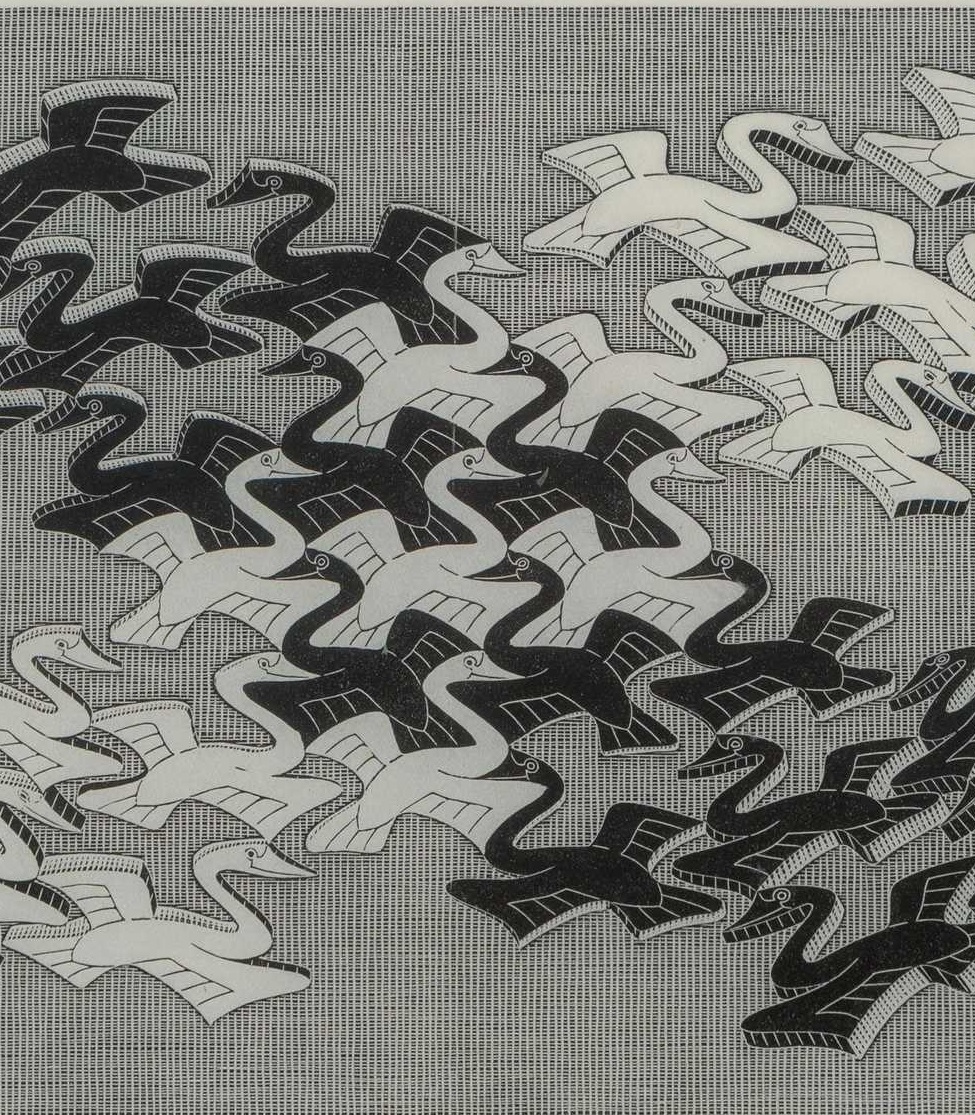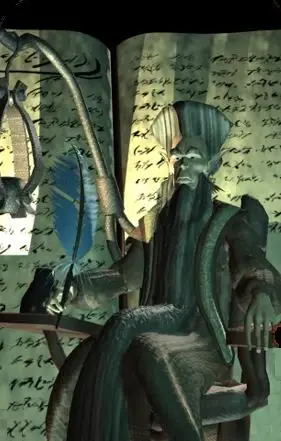A legal currency has value because its government demands that people pay taxes and fees and fines in its currency. There is a baseline value backed by demand from the state itself, even if there is no economic activity at all.
So I don’t see how crypto can dethrone the dollar. No government is demanding crypto. In fact, crypto’s value is backed in dollars because it is a commodity traded in dollars! And it’s the US that’s trying to make some kind of crypto reserve, which further cements it as a commodity traded in dollars.
I just don’t see it.
I think it’s more about trade than a store of value. Crypto can fill that niche doing of trade settlements outside the dollar. People aren’t going to be holding crypto, but simply convert it to their own domestic currency after the transaction. Meanwhile, central banks are now turning to gold as a store of value as confidence in dollar drops.
This is how I see it too. One of the functions of money comes as a store of value, and this is also tied into a Marxist view of value as being a real social relation at play. Beyond money simply having use because its used in taxes, money is an instrument for expressing and mediating value; and value also allows for the reallocation of labor in society - the source of value itself - through the law of value.
People want something that can hold on to its value across both time and space. Sometimes this store of value isn’t money (think houses or famous paintings), but a form of money that acts as a reserve of value is always in need. And money which can serve as an expression of value thanks to the strength of the government (or an enforced tax) may not be seen as a safe storage when trust is shaky. Anwar Shaikh (though be mindful that he is rather anti-MMT) describes this as a flight from more virtual forms of money to forms closer to actual value in moments of crisis, where gold tends to be the (extreme) end-point of that flight.
There is historical trust that at least gold will be seen as something valuable in an unknowable future with unknowable governments and monetary systems. Some may go with beans though. But gold, or some other commodity with a level of acceptance, has value as it’s a product of human labor. So when looking for a store of value some people go with it due to historical legacy and the real value embodied within it. There’s a reason that even national banks are buying gold (amongst other commodities and baskets of currencies) as they dedollarize.
This isnt meant to be a goldbug argument for going back to the gold standard. It is instead a reminder of the existence of value and one of money’s function of a store of value. I’m not (completely) against MMT and think there is a lot to it to learn and that is true and descriptive. But it can’t mask nor cover up value as a real social relation. And most MMT’ers I’ve talked to seem to ignore value. I suspect it is a reflection of the academic training of economists, even MMT academics, to do away with value as a useful or necessary concept, but I cant back that up as I didn’t go to school for economics lol. But even some academic Marxist economists fall for the bourgeoisie temptation of abandoning value.
Value and circulation. MMT is not completely wrong, it’s just incomplete. And it’s weird to see incomplete alternative economic theories pop up again and again who’s main selling point is avoiding the term Marxism. Keynesianism is another example. And there was this weird phase in US anarchism, where a whole lot of anarcho-capitalists finally started becoming anti-capitalist (which is good of course) and they wrote a whole book about it like they just personally came up with the idea capitalism is bad for the first time ever. And it’s weird every time because, like, Marx is right over there, way, way in the back of the economics departments library. Ready to be read whenever you decide to become a serious scientist.
Even David Harvey started out like this. He just started calling himself a Marxist after people had repeatedly pointed out to him that he had become one. And his response was something like like:“Oh, I guess I am a Marxist then. I didn’t set out to become one, I was just looking for theory that makes sense for a change.”
Of course, most economists would do everything to avoid being called a Marxist in order to keep their funding. And that’s where things like MMT come in.
Thanks for the comment! It’s very frustrating when people call themselves “Marxist economists” and then throw out the most fundamental concepts. You have the “no bullshit” Marxists who try to erase dialectics. You have Keynesians or MMTers who stumble upon Marx’s ideas and try to reinvent the wheel. In the most egregious cases you have people trying to reinvent the logic of Marxism with neoclassical concepts.
David Harvey is an interesting academic in that, from what I can gather, he seems to have imperialism flipped on its head - saying that its Global North workers who are actually exploited by the global South. WTF
And of course all of these so called “Marxists” wouldn’t touch revolutionary practice with a ten foot pole.
from what I can gather, he seems to have imperialism flipped on its head - saying that its Global North workers who are actually exploited by the global South.
Really? I didn’t hear him saying that. But he does seem to have a rare speech impediment, that prevents him from saying the word imperialism: here is his friend and comrad Vijay Prashad rightly and brilliantly chewing him out for that.
Thanks for the video link! Watching it now.
And here are some articles from John Smith (author of Capitalism in the 21st Century) where he critiques Harvey’s claim that imperialism is no longer a useful term (an “old category” as he claims) and that China and the developing nations are actually exploiting the developed nations.
David Harvey Denies Imperialism
Imperialist Realities vs the Myths of David Harvey
I don’t even agree fully with Smith’s views on China, he’s more critical than I am, but even Smith lambasts Harvey’s views that imperialism has been reversed and now the poor Westerners suffer at the hands of China.
Harvey’s States the following in his commentary on Prabhat and Utsa Patnaik’s A Theory of Imperialism:
Those of us who think the old categories of imperialism do not work too well in these times do not deny at all the complex flows of value that expand the accumulation of wealth and power in one part of the world at the expense of another. We simply think the flows are more complicated and constantly changing direction. The historical draining of wealth from East to West for more than two centuries, for example, has largely been reversed over the last thirty years
Without showing any data, Harvey throws up his hands, says that “its complicated” and then assures us that it’s actually the developing world that is exploiting us!
And Harvey’s 17 Contradictions and the End of Capitalism doesn’t list imperialism as one of the contradictions. That alone may not be much of an argument against Harvey, thoigh you can be damned sure that I would have listed it as the principal contradiction, of our times. Harvey only mentions imperialism is eight times by name scattered about the text, but he makes his point known when he states
Disparities in the global distribution of wealth and income between countries have been much reduced with rising per capita incomes in many developing parts of the world. The net drain of wealth from East to West that had prevailed for over two centuries has been reversed as East Asia in particular has risen to prominence.
The data doesn’t support Harvey’s claim. Research by Hexbear’s beloved Jason Hickle (no, not Jackson Hinkle) shows:
In 2021, the economies of the global North net-appropriated 826 billion hours of embodied labour from the global South, across all skill levels and sectors.
We find Southern wages are 87–95% lower than Northern wages for work of equal skill. While Southern workers contribute 90% of the labour that powers the world economy, they receive only 21% of global income
I’ve noticed an attempt by academics to reconceptualize imperialism as having roots in The State and not in Capitalism itself (as if the State can be separated from class in the first place)
In addition to Harvey’s abysmal takes on Imperialism, shade has been thrown at him for claiming that Marx didn’t actually have a theory of value. So just throw all that value nonsense out the window according to him.
A criticism by Michael Roberts
And one by Cockshott. Warning that this dude sucks. Big transphobe and thinks there is a CIA plot to push Big Gay. I list him, though, as his blog piece lists multiple sources for empirical evidence of the law of value.
I totally feel and understand your frustration. Vijay Prashad is great though, isn’t he? The thing about Marxists is, that they are always pretty harsh with each other, always polemic, but still comrades in the end. So I won’t take sides against any of the people you mentioned in general but still disagree with them on certain points. I’ve read biting polemics critiquing Michael Roberts too. And Harvey’s Answer to Smith isn’t pulling punches either. I guess some stuff might have been taken out of context and he definitely spend decades teaching thousands of students Marx’s labor theory of value. I’m still thankful to Harvey for getting so many people to read Marx, even if I’ve grown beyond lots of stuff and always looked to other teachers for insight on imperialism.
In the end, it’s not purity of theory that counts, but the impact on organizing movements. People who read theory on that level to inform their on the ground organizing efforts can definitely think for themselves anyway and will only take what is useful for their place and time and leave the rest.
I found a YouTube link in your comment. Here are links to the same video on alternative frontends that protect your privacy:
there was this weird phase in US anarchism, where a whole lot of anarcho-capitalists finally started becoming anti-capitalist (which is good of course) and they wrote a whole book about it like they just personally came up with the idea capitalism is bad for the first time ever
Can you give more details on these people and this book? I always found ancaps very ideologically incoherent, wondering how they got around to reinventing Marxism using their own theory
This was some years ago. I tried, but couldn’t find it again. Crimethinc is a bit like this though. They were never anarcho-capitalist, but they changed from vaguely apolitical lifestyle individualism in the 90s to actual anti-capitalism around the time they wrote this book called “Work” in 2012.
Gotcha, seems like a similar trajectory to many comrades who were more liberal - when they figure out the end result of “free” market competition it’s almost a straight line towards Marx
Exactly, in a situation where there is a lot of economic uncertainty it’s better to own tangible commodities than IOU notes.
We would need some sort of parallel institutions.

de-dollarize the depths below. de-dollarize the mariana trench








